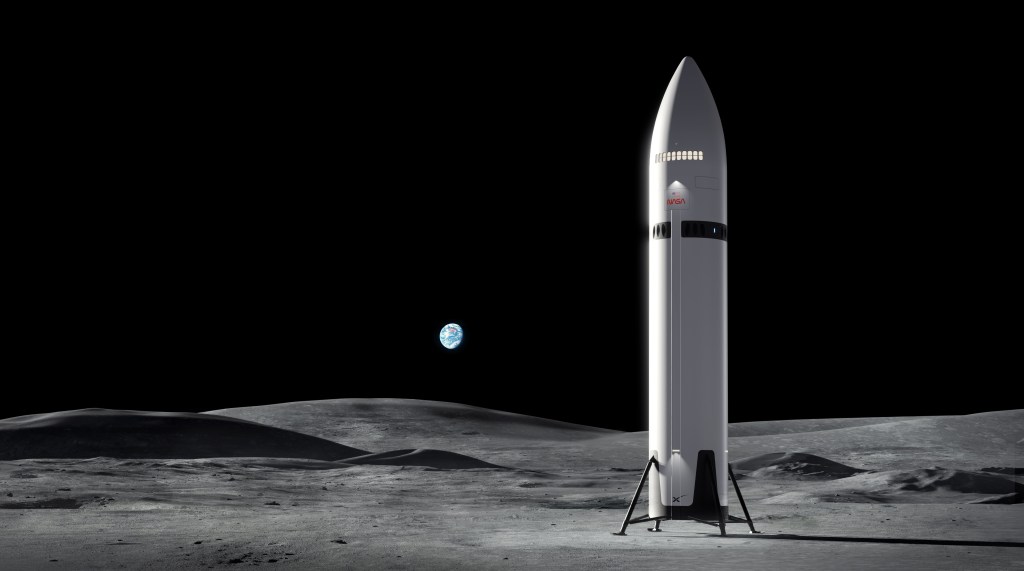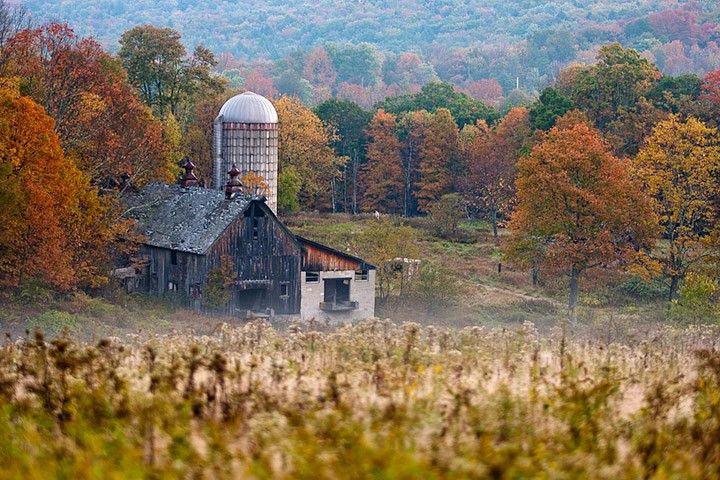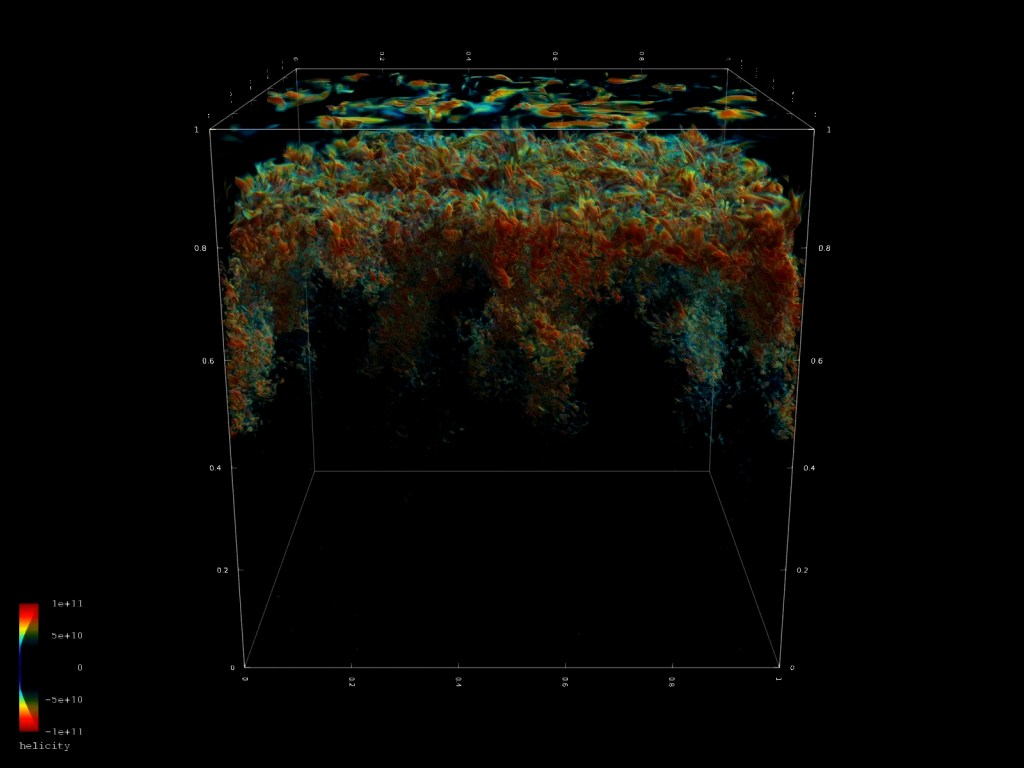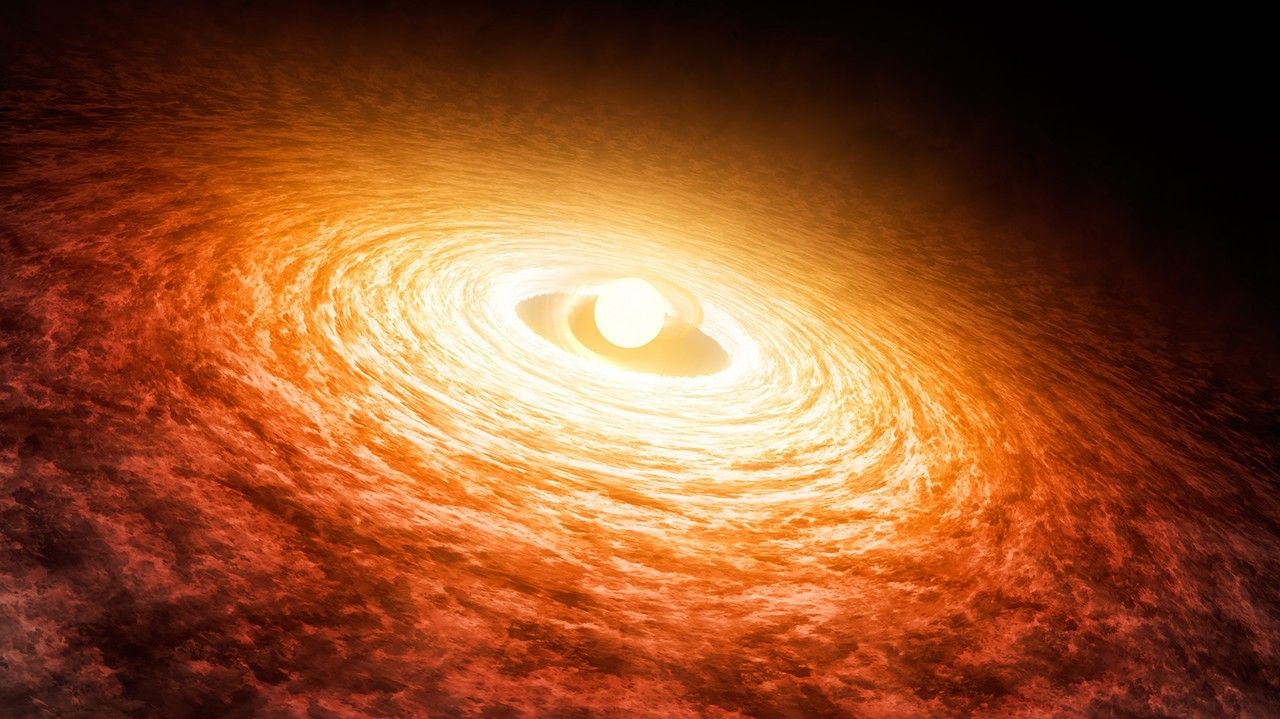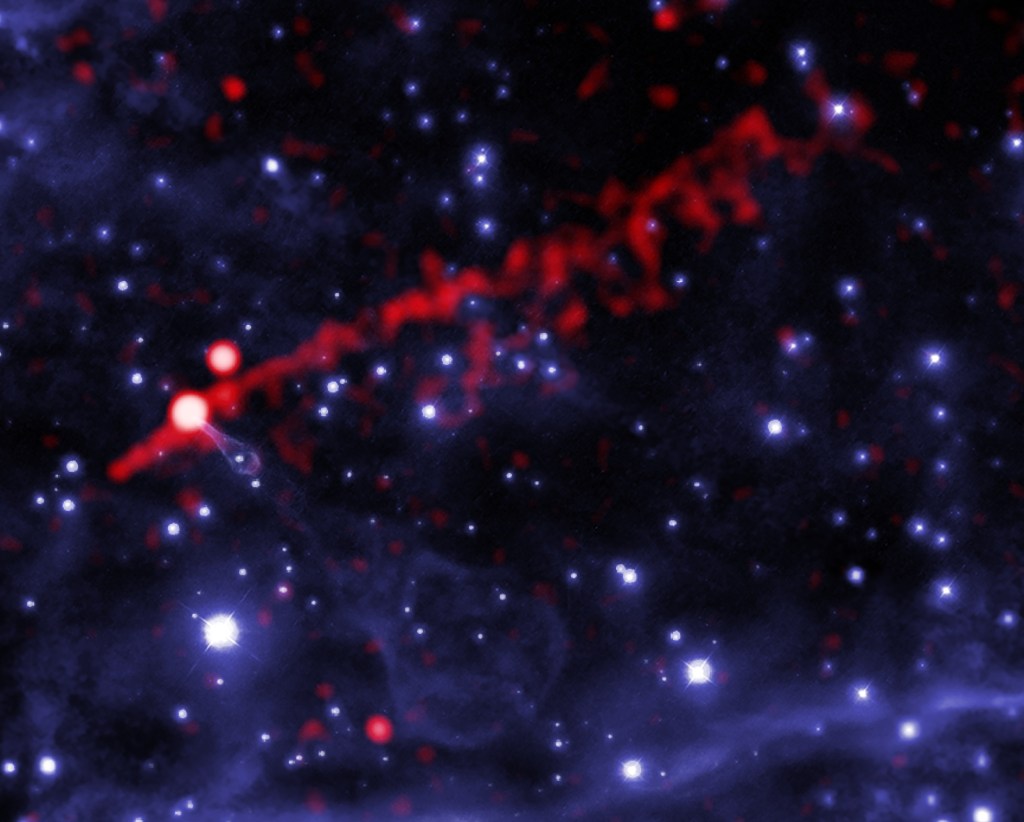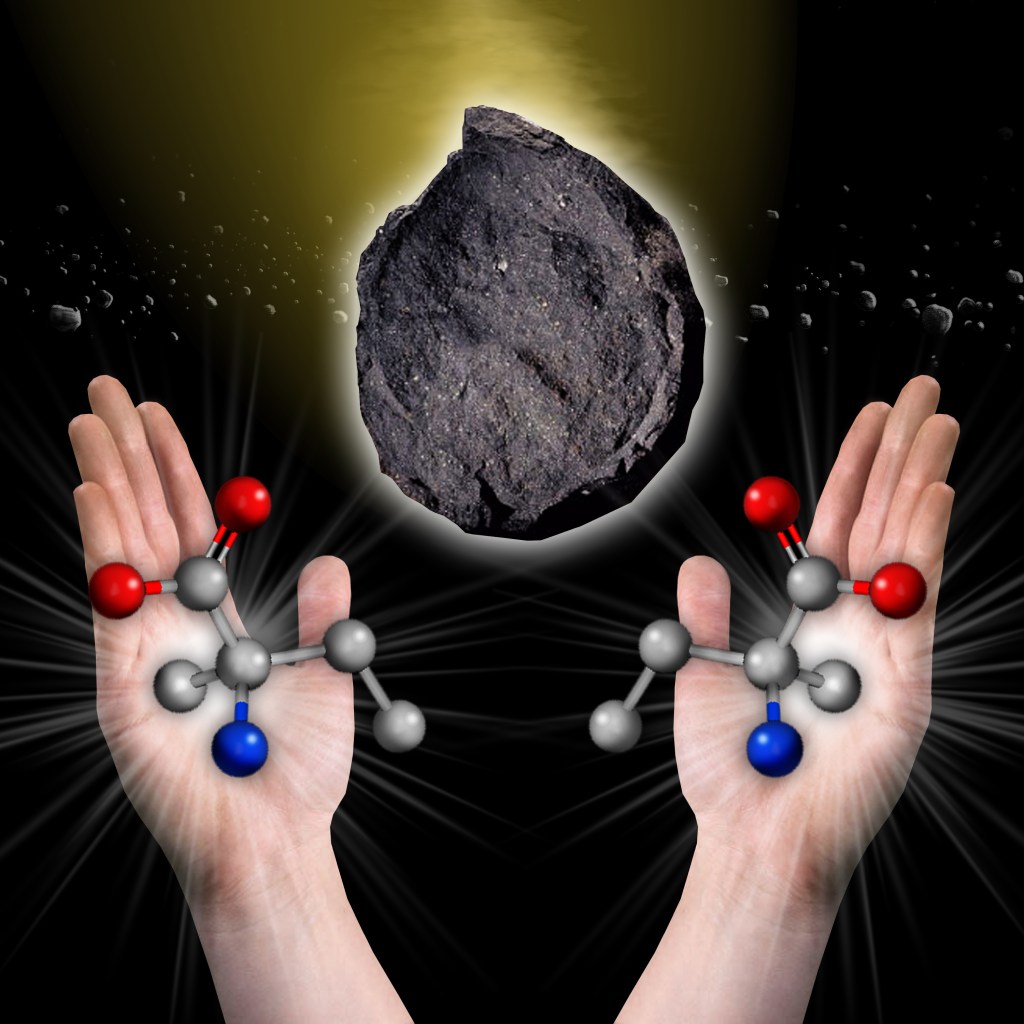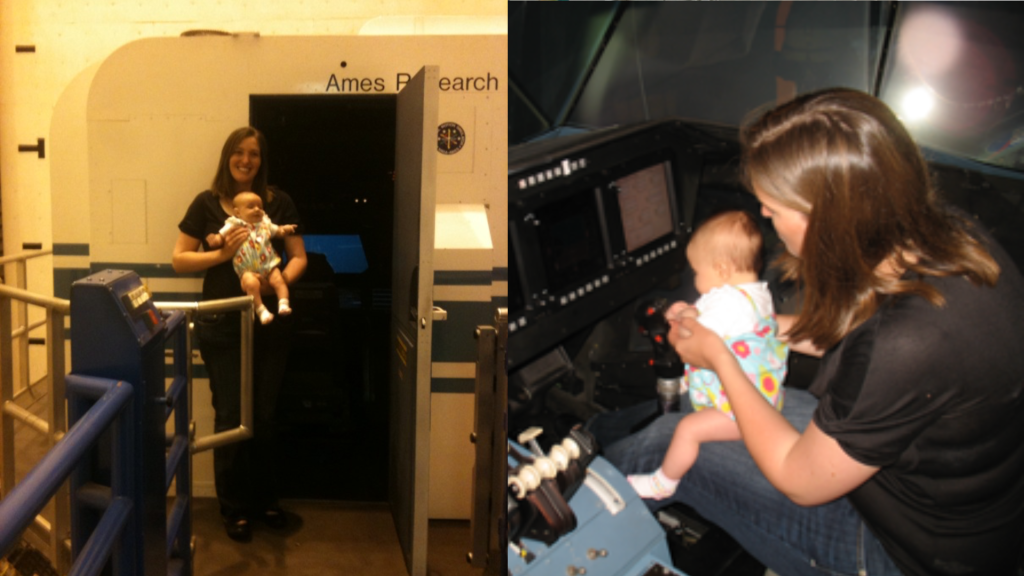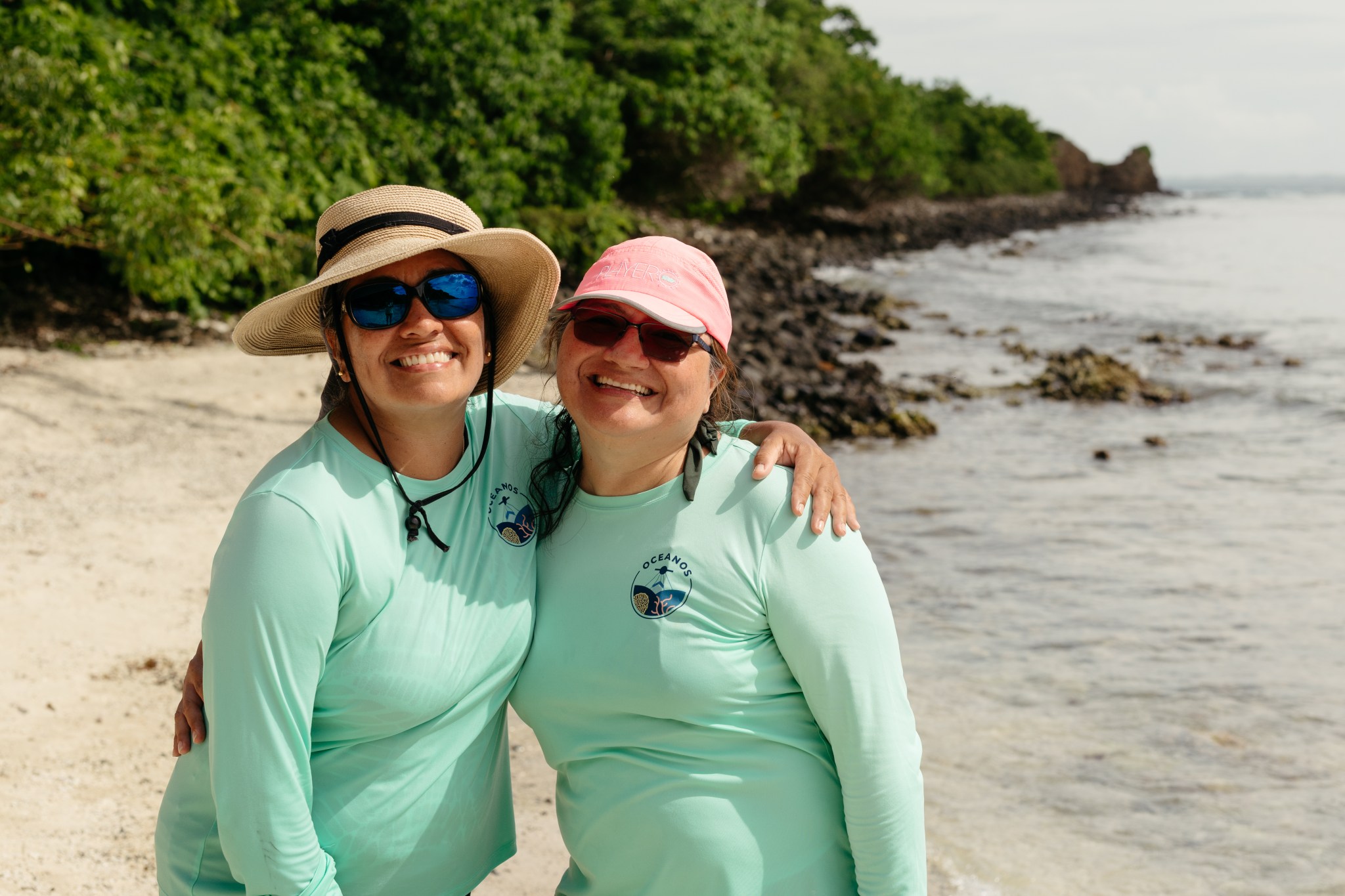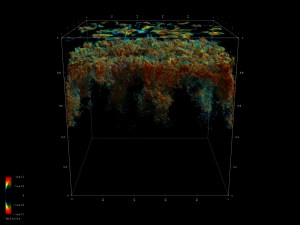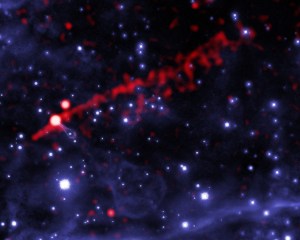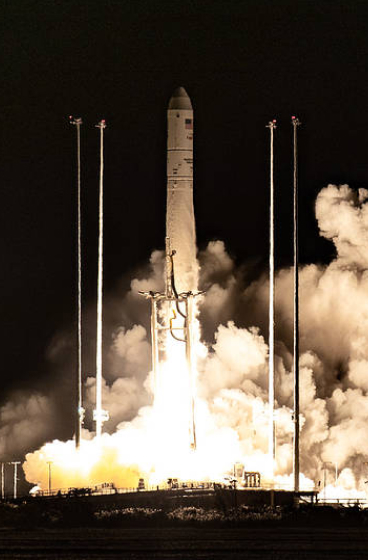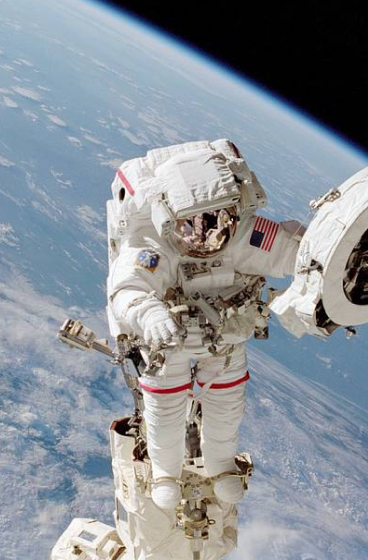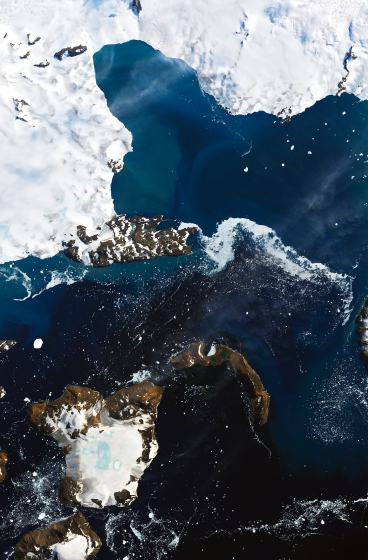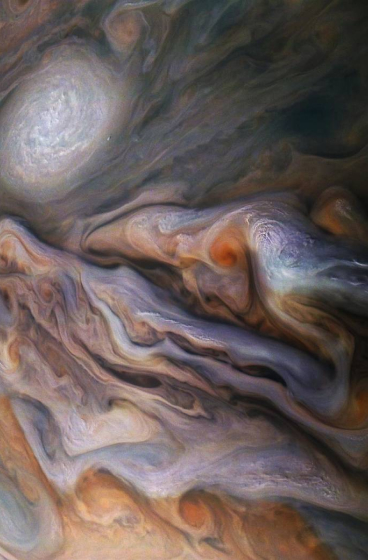What is your name and your role with OCEANOS?
My name is María Fernanda Barberena-Arias. I am an associate professor of biology at the American University of Puerto Rico, Metropolitan Campus. I am also a co-PI in the OCEANOS project, and an instructor and mentor for the students during the internship.
What is the importance of a program like OCEANOS, especially in Puerto Rico?
I think it makes a difference for the students because it gives them the opportunity to learn and to become familiar with ocean science, and with coastal and marine natural resources. In particular with OCEANOS one of the great [elements] is that usually marine science is offered in the public university in Puerto Rico, and OCEANOS is engaging a private university where usually students do not have access to ocean science opportunities. They have those kind of opportunities, because of OCEANOS.
What are some ways you've seen the students grow over the course of the internship?
The growth and changes that I’ve seen in students is mostly gaining confidence in the water. I think it’s great! Their first time they are apprehensive, and then as time passes and they engage more into their projects they seem much more familiar with swimming. The students also become more familiar and more confident on their projects. The first time they try to collect data they ask a lot of questions, and then by the third day they already know what to do. They are really empowered and I love that.
What is something you hope the students take with them after this program?
I hope that the students learn and become voices to help spread the word about natural sciences: we can study it and work in marine science. Usually in Puerto Rico, natural sciences are seen like a first step when you’re going to be focused in medical science or human health-related disciplines, and so that’s in some ways the tradition; it’s what the public knows. I hope this experience helped the students to spread the word that other kinds of careers are an alternative. I also hope it made them aware that we live in a vulnerable island and that we need to take action to become conscious, and to take action to be ready and to protect our natural resources.
How did you become involved in marine science, and eventually OCEANOS?
I actually come from Colombia. I did a bachelors degree in biology there and a minor in entomology, because at that point in my life I wanted to work in agriculture and to do pest control. But then I took a class on insect ecology, and I had to do a project and that’s when I discovered that my passion is ecology. So I applied to the University of Puerto Rico and I came here and did my master’s and my PhD in tropical biology, but actually related to forests. But in the meantime I got married to a Puerto Rican guy, so I decided to stay here.
Three years later I was able to land a permanent position as a faculty in a private university, and I realized that I didn’t like the way we usually teach science in the classroom. So I began taking trainings and looking for opportunities to mentor students and to teach students in non-traditional settings. I got involved in many projects and I have a strong collaboration with University of Maryland, and we have had these kinds of projects/training/research opportunities for students outside the classroom for many years. And that I why I think one PI called me and invited me to OCEANOS, and here I am.






